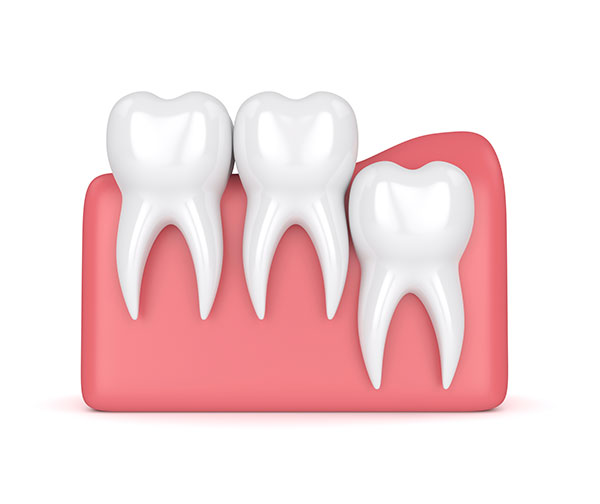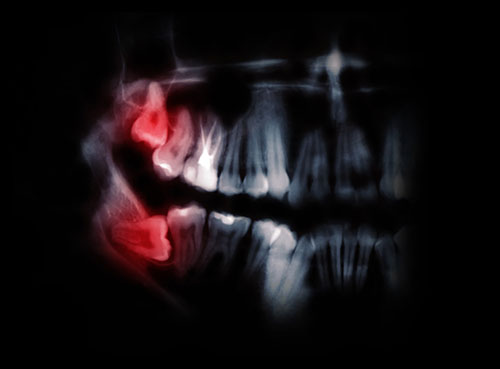
Everything You Need To Know About Wisdom Teeth
What Are “Wisdom Teeth?”
Wisdom teeth are your 3rd adult molars that typically erupt around 16-20 years ago when they erupt. Often people don’t have room for their wisdom teeth, and they need to be removed to prevent issues from occurring. Some patients may not have their wisdom teeth be present at all.
Signs of Impacted Wisdom Teeth
Signs and symptoms of impacted wisdom teeth are pain, swelling face and neck, bad taste in mouth and infection. If your wisdom teeth are impacted you may have any number of these symptoms or no symptoms at all. It is important to see a dentist at the first sign of any of these symptoms to address the problem.

Wisdom Teeth Extraction Procedure
Wisdom teeth will be recommended for removal if they are under the gum and bone and have no room to erupt and may be in a vulnerable spot that could cause problems such as future infection or cavities on neighbouring teeth. To have the wisdom teeth extracted, you will see either your dentist or an oral surgeon and be either awake or asleep using intravenous sedation. Various tools will be used to take the wisdom teeth out of the gums and bone, and the extraction sites will be sutured up. The healing time is typically just a few days.
Risks of Not Removing Wisdom Teeth
There are several risks involved in not removing wisdom teeth when they are recommended for removal. Infection can occur around the site of any of the impacted wisdom teeth, cavities can occur on the neighbouring teeth, and even shifting can occur from the push of the wisdom teeth.
Important Facts
- If you have any signs or symptoms of an infected wisdom tooth, see your dentist immediately
- Make sure not to smoke or use straws after your wisdom tooth extraction as this could disrupt the healing process
- Usually, there will be four wisdom teeth, but sometimes people are congenitally missing 1,2,3 or even all of their wisdom teeth
- Wisdom teeth are usually taken out in pairs. This is due to the fact that once one wisdom tooth is gone, the opposing wisdom tooth would no longer have a tooth to bite down against, eliminating the need for that tooth
